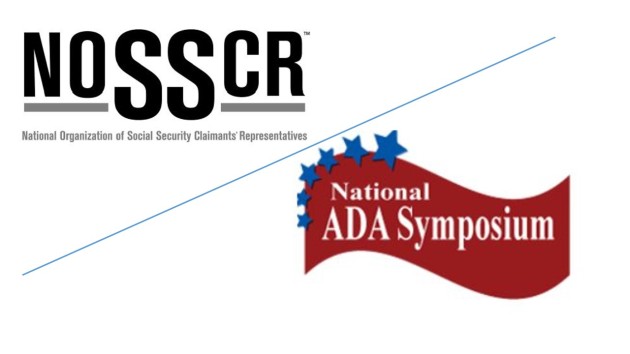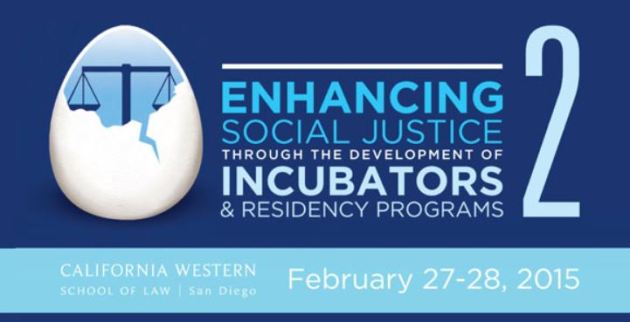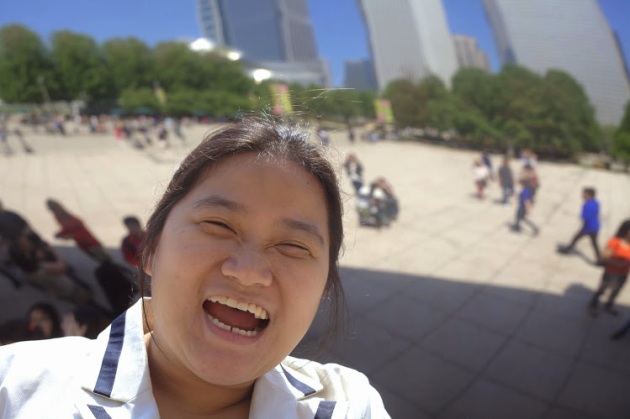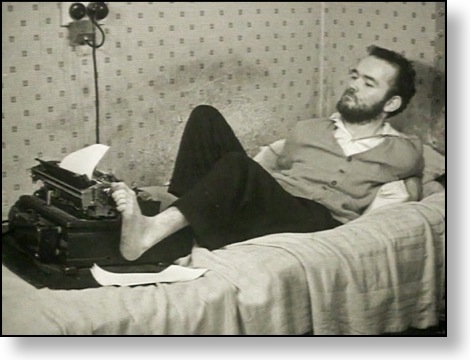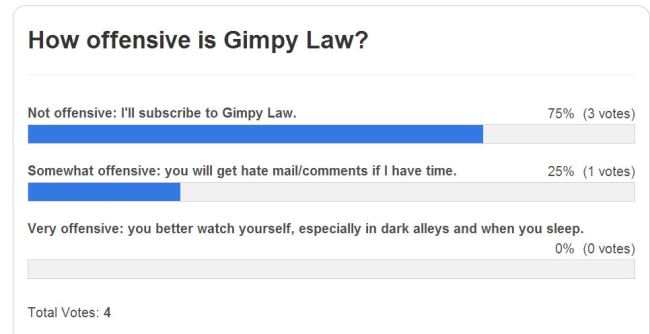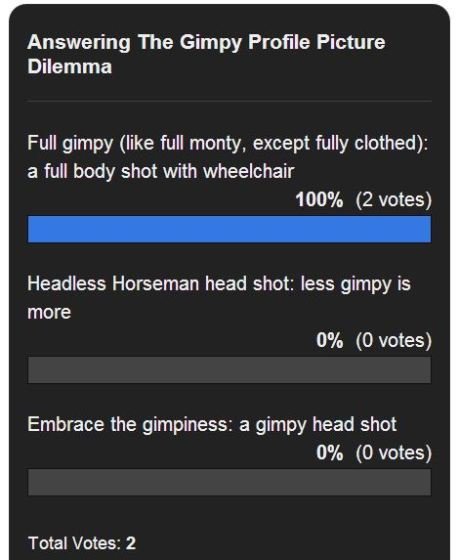It’s no big secret that I have been opposed to using communication devices pretty much my whole life—that is, until now. My cerebral palsy affects my speech and mobility, but not my spirit. Although it is difficult for many people to understand my speech, especially before getting to know me, I preferred repeating myself a few times over using a communication device because that was more efficient. There wasn’t a communication device that matched my comprehensive vocabulary and my slow typing speed made the process too slow.
When a friend told me about eye gaze technology, I was really excited. It was getting harder for me to type, so I was looking for alternative computer input methods. I tried a few devices and found the Tobii worked for me and it was covered, for the most part, by insurance.
The first time I got a Tobii was in 2013. Unfortunately, due to a mix up with my new wheelchair arriving after my Tobii warranty expired, I was never able to mount my Tobii on my new wheelchair, or any wheelchair for that matter. While the Tobii representative was gracious enough to let me borrow her table mount for an extended time, I could only practice talking to myself for so long. I did practice every morning for ten minutes at my home desk, where the table mount was set up and stayed, but then, I went about my day, which involved meeting people and attending events or appointments outside of my home.
The mount ordered with my first Tobii was a regular 7 shaped arm mount. I guess they didn’t get much consumer input (if any) designing or improving it, and that mounting technology had not advanced at all since the 80’a with my first communication device that I didn’t really use as a toddler. Due to my spasticity and lack of fine motor skills, I could never use these types of mounts myself. This might have contributed to my hatred of communication devices since I had to rely on others to move it, and take it on and off; being ‘confined to a wheelchair’ had a whole new meaning—since I couldn’t independently get out of my wheelchair when that mount was attached (NOTE: being ‘confined to a wheelchair’ is considered derogatory).
The second time I was evaluated for another Tobii-like device (I found another device, the Accent by Prentke Romich Company worked better for my spasticity, but got another Tobii because my insurance covered it), I expressed my frustration at the old mounting system that was still being used today to my occupational therapist. She told me of a mount she thought I could use independently. I was immediately intrigued and fell in love, even before seeing it in person. It was the Mount’n Mover, but what I heard was “Mountain Mover,” which I thought was a fitting name if I could really use it by myself.
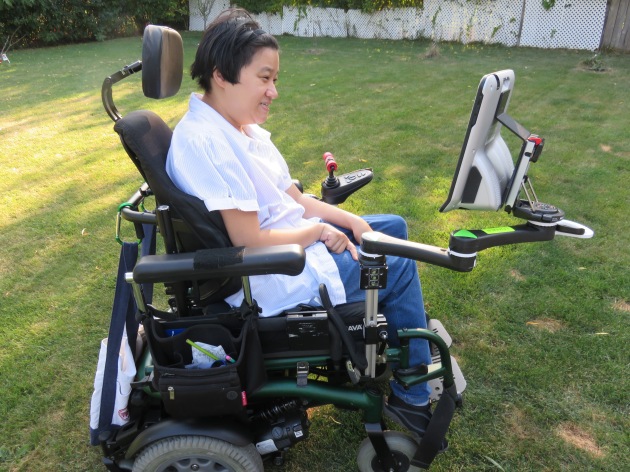
Photo Caption: Esther (me) using a Tobii mounted on a loaner Mount’n Mover in the backyard.
I fell deeper in love with the Mount’n Mover during a trial and am currently in the process of getting my own. In addition to being able to move the mounted device myself to transfer independently and/or access something else on a table, I can independently put my device and the mount on/off myself. This was something I never fathomed being able to do. I was able to take my communication device on the Mount’n Mover everywhere; to my doctor’s appointment, a writing group I participate in with local creative writers, and a meeting with Able Community’s supporters and a contractor renovating Able Community’s house. It’s amazing how much impact pieces of metal and plastic can have on one’s independence and empowerment.
I am an attorney, licensed to practice in Illinois and California. I recently opened a virtual law practice, called Disability Law Collective, (http://www.disabilitylawcollective.com). It is an affordable, socially conscious law practice advocating for people with disabilities and their families’ everyday legal needs.
I am also the president and founder of a 501(c)(3) non-profit housing cooperative for people with and without disabilities in the Chicagoland area, called Able Community, (http://www.ablecommunitychicago.org). It will be the only fully accessible and intentionally inclusive co-housing in the United States. Able Community’s mission is redefining independence through self-directed personal care, employment, and community by building affordable co-housing for people with and without disabilities to create an alternative to living in nursing homes and having to depend on family for care.
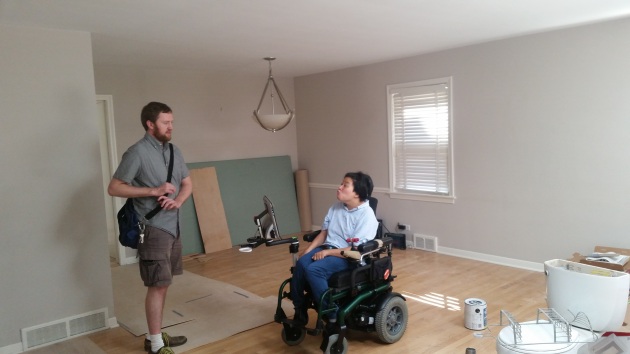
Photo Caption: Esther (me) talking to a co-op mentor during the renovation of Able Community’s house with a Tobii mounted on a loaner Mount’n Mover.
Improving people with disabilities’ independence seems to be the common thread of my life’s work. I am often so engulfed in advocating for others’ independence that I neglect to think about improving my own. I am glad that I found the Mount’n Mover, so I can really start moving mountains, both for others as well as for myself. Now, I just have to work on the funding for it, since I just discovered that my insurance will not cover it.


